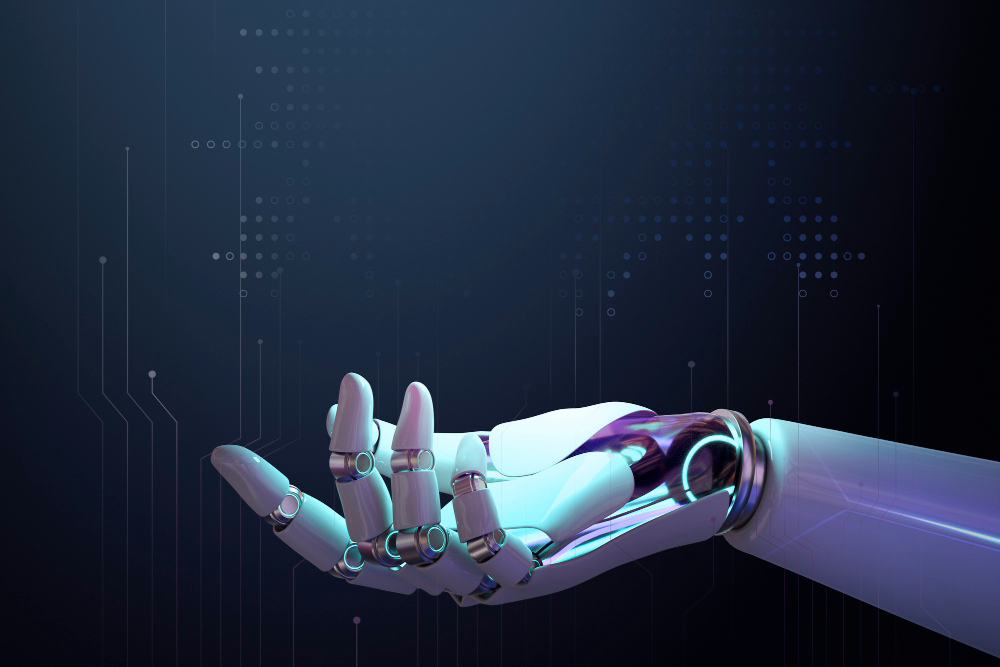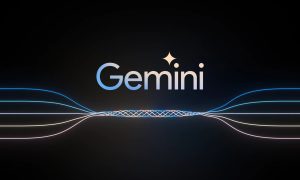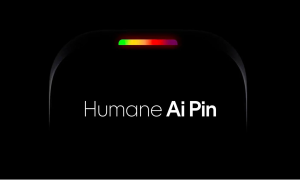There are various concepts and program types that could take over in today’s technologically advanced world. Many of them include RPA, AI, deep learning, machine learning, and so forth.
What is RPA?
RPA (robotic process automation) is a method that enables people to automate manual, labor-intensive human activities. Automation of repeated operations is referred to as robotic process automation.
It is an automation tool that aids the bot in simulating or creating a certain task and repeating it an infinite number of times. It is also known as software robotics on occasion.
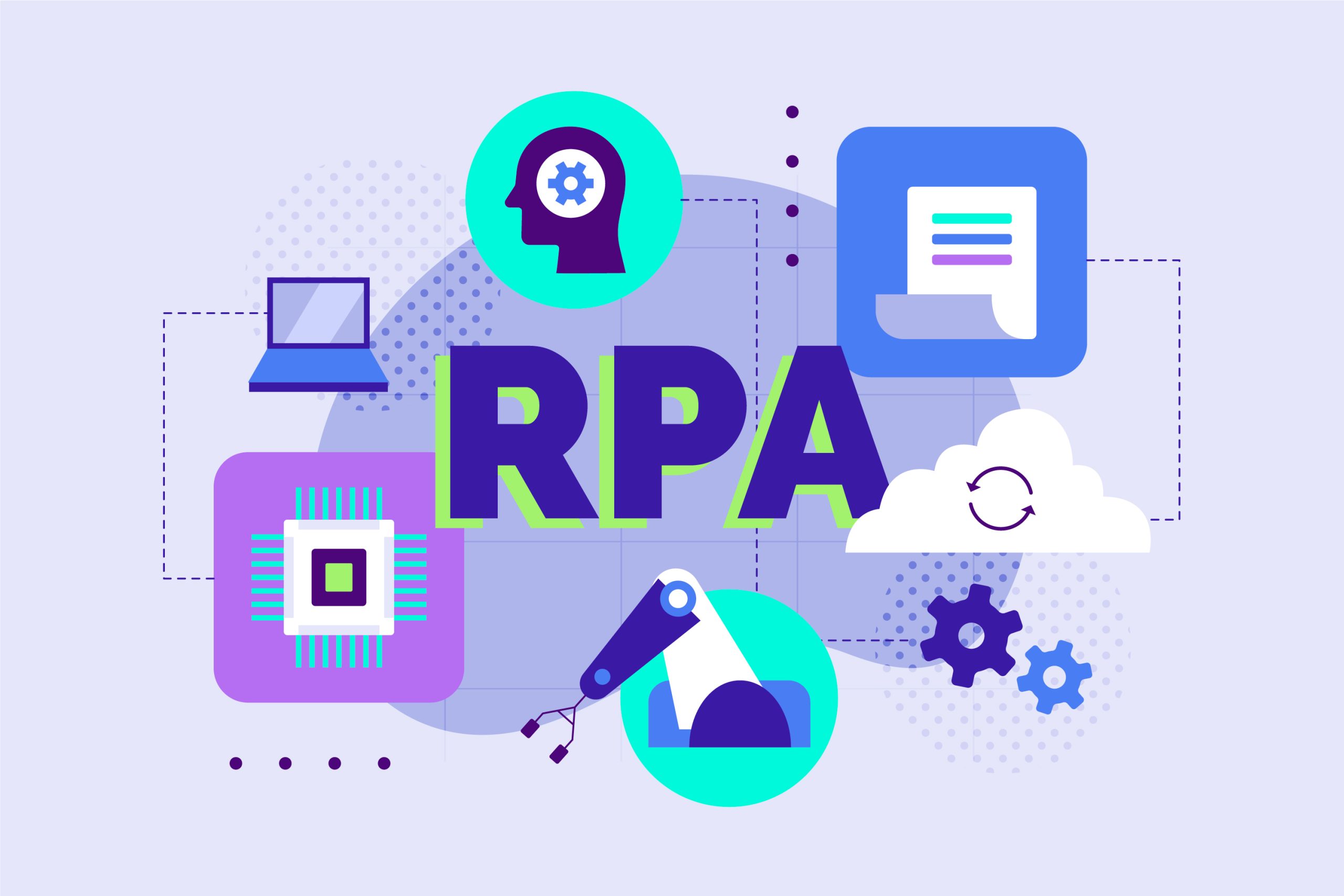
RPA systems create the action list by observing the user carry out the required action in the graphical user interface (GUI) of the program, and then carry out the automation by carrying out the required activity again in the GUI. The tools carry out extremely logical activities based on the information provided to them or the jobs that they have already completed. RPA tools, unlike AI or machine learning, do not pick up new skills as they perform jobs. RPA completes regular tasks faster and without the chance of human error than it would take a human to do them.
RPA automates repetitive operations by using software robots to do tasks including data gathering, data cleaning, and communication with other applications and users. It enables companies to keep expenses down while offering employees more opportunities to address other organizational needs.
Examples of RPA
There are many examples of RPA and the ease with which it is utilized in the market today; a few are listed below.
Invoice Processing
Although accounting and financial management are essential corporate functions, the processes involved are time-consuming and prone to error. RPA is therefore ideal for many of those tasks.
For instance, one of the time-consuming processes in Accounts Payable is Invoice Processing. Invoices are received through a variety of routes, compared to purchase orders, and may require approval from several individuals before being paid. With RPA, you may set up rules that will automatically send bills to the appropriate person for approval while your employees concentrate on the outliers.
The hiring of Candidates by HR
It might take weeks and be expensive to hire only one individual. However, RPA can help with many of the repetitive, rule-based operations that are involved in the hiring and onboarding processes.
For instance, a bot can source candidates continuously, more accurately, and more impartially. This bot may find candidates and then screen their resumes. Also, you can leverage the power of Lever resume parsing – a tool that uses Lever’s API to parse resumes and help simplify and streamline the collection of potential candidate information.
Payroll
Each month, every HR team must deal with the monotonous and time-consuming duty of processing payroll. Due to the heavy volume of employees, there are chances of mistakes and inaccuracies frequently, which might create payment delays.
Timesheets, earnings, and tax deductions can all be verified by an RPA bot in such cases across many platforms. RPA can also manage various refunds and taxable benefits. Payroll tasks like changes in Payroll Records, attendance management, Time Entry Validations, Resignation Handling, and Payroll Deductions are included.
What is Artificial Intelligence
Artificial Intelligence refers to systems or machines that mimic human intelligence to perform tasks and can iteratively improve themselves based on the information they collect. AI can manifest in several forms.
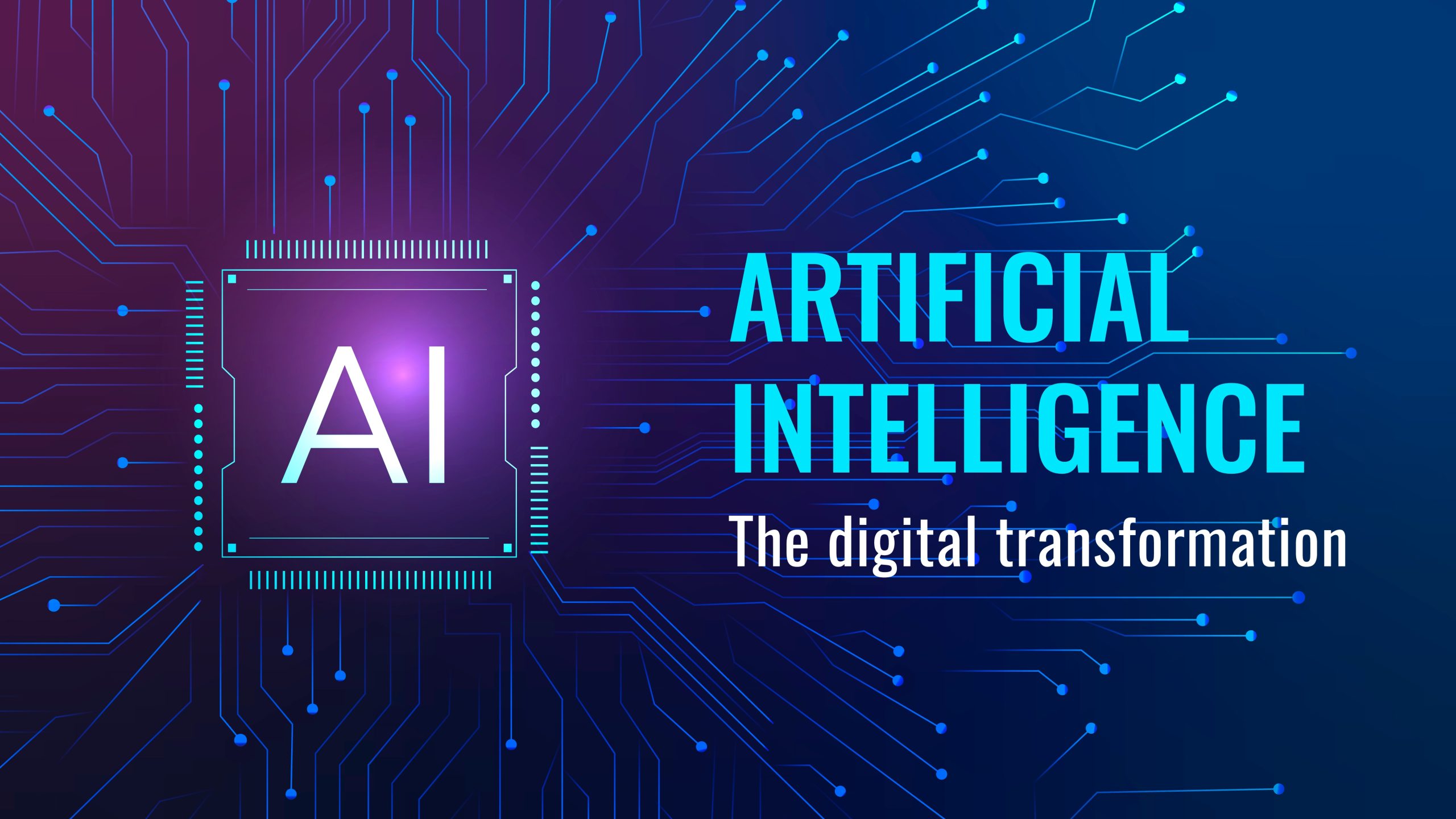
It is the process by which a computer can act on data through statistical analysis, allowing it to understand, examine, and learn from data using specially created algorithms. Traditionally automated, AI processes can recall patterns of certain behavior and modify their replies to meet those patterns or encourage behavioral changes.
Examples of AI
- A person’s face can be detected and recognized using AI technology. Your system is only accessible when the bot has scanned your face after you have selected the facial recognition option.
- On numerous websites, you can easily find the options of Chatbots. It is a virtual assistant that has programmed algorithms that enable machines to answer frequently asked questions, take and track orders, and direct calls.
- Social media companies are the biggest users of Artificial intelligence. The system begins more correctly recommending your content, connections, and contacts based on your activity on the specific app.
- E payments: AI algorithms have made it possible to make deposits, transfer money, and even open accounts from anywhere, leveraging AI for security, identity management, and privacy controls.
Correlation of AI and RPA
There are several similarities between robotic process automation (RPA) and artificial intelligence (AI). Both of these technologies are growing in popularity, and business installations are increasing. Both of them promise to alter businesses pursuing digital transformation. Additionally, both of them have previously been restricted to divisions inside businesses, necessitating the successful deployment of highly qualified but in-demand practitioners.
AI and RPA technologies work together to create intelligent automation that enables quick end-to-end business processes and much more.
To provide a more reliable platform for intelligent automation, the two technologies can function in unison and be integrated. This allows them to automate any front- or back-office business process and coordinate work across combined human-bot teams.
The following are some grounds for combining RPA and AI
- Boost your workforce’s productivity to new heights.
- Spare your staff from tiresome, stressful, and repetitive jobs.
- Remove human error from the workplace and ensure that you get the outcomes you want.
- More cost-effectively improve data management.
- Obtain total process transparency by using a personalized dashboard and personalized reporting assistance.
Applications of RPA and AI
When talking of the correlation between AI and RPA, Intelligent Automation comes into the picture here. It is a combination of Artificial Intelligence and Robotic Process Automation.
Here, using this kind of automation, the user can emphasize more on the final target or outcome of the process, rather than disparities between different programs. Along with this, it offers a variety of perks that support an organization’s digital transformation.
The use of additional tools in intelligent automation, such as virtual assistants and chatbots, gives companies access to various insights that improve automation effectiveness and enable quicker customer service.
Conclusion
Combining artificial intelligence and robotic process automation, which are both achieving significant heights in the realm of technology, and utilizing both of their capabilities to develop business is a very clever strategy. It modernizes your business while also getting rid of all the inconveniences of pointless effort on the same repetitive tasks.

